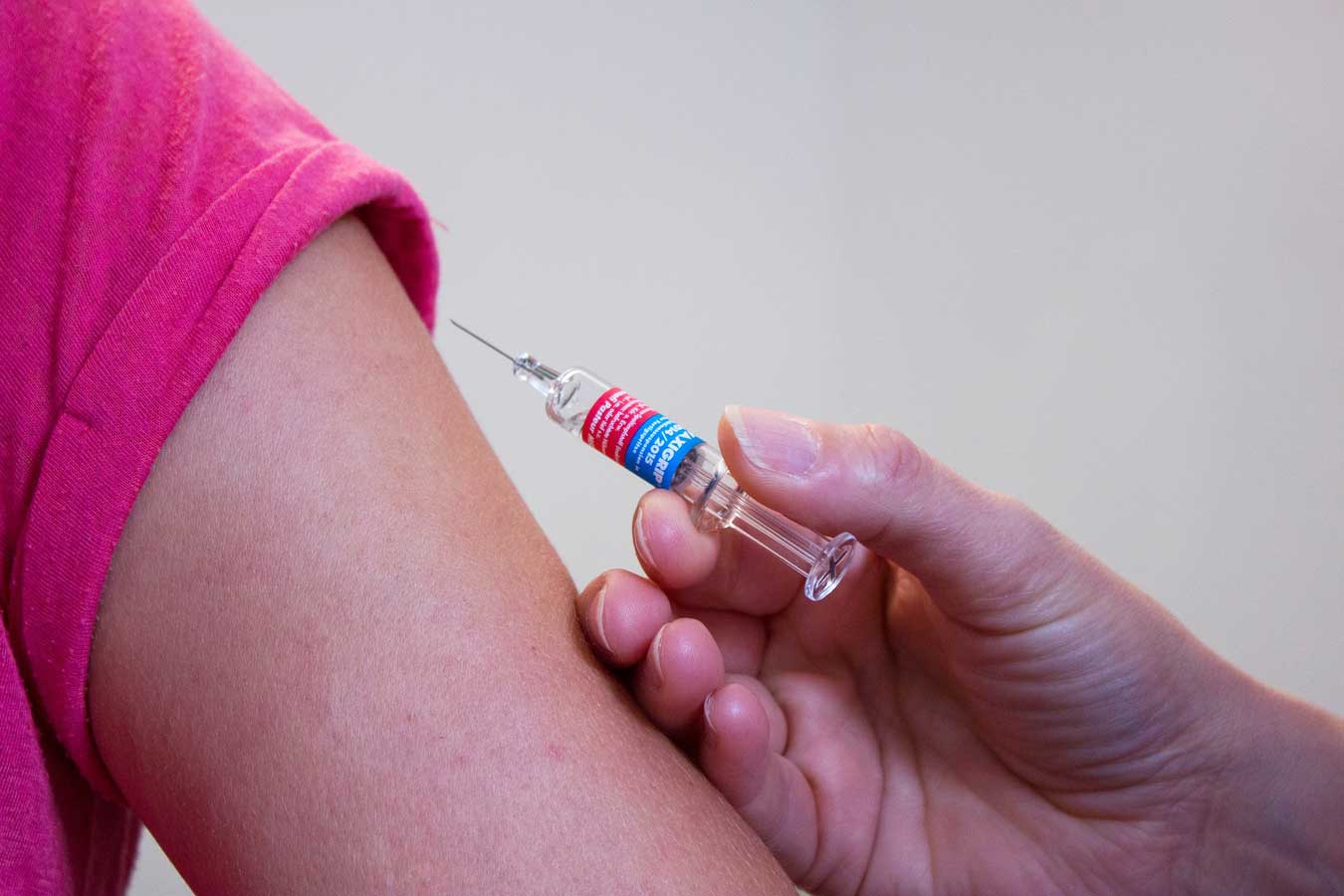 A rarely used travel ban may be the answer to fighting the spread of the measles—back from the dead—and currently reported in 26 states.
A rarely used travel ban may be the answer to fighting the spread of the measles—back from the dead—and currently reported in 26 states.
The CDC announced 60 new cases of measles, declared eliminated in the US in 2000, this past Monday. This inches the total number of reported cases ever closer to 1,000—the highest level in a quarter-century. The New York area holds the bulk of the country’s measles outbreak with nearly 800 reported cases since this past September. Rather than zoom in on this nook of the US, a travel ban on infectious passengers, not as common as one may think, is top-of-mind for state and local health officials.
The CDC already manages a “Do Not Board” list that is in line with the government’s authority to protect citizens’ health by preventing the spread of communicable diseases. Placing infected passengers on the list, however, walks a fine line between state power and a person’s right to bodily integrity and various constitutional freedoms. Such is the dilemma of enacting a health-related travel ban.
The measles virus is so contagious that 90 percent of those exposed to an infected person’s cough or sneeze contract the disease unless they are immune. Research has found the measles vaccine, administered along with inoculation against mumps and rubella, to be 97 percent effective in preventing the disease. Still, around 60 percent of reported cases in the current US outbreak have been traced to unvaccinated Americans coming back from Israel, Ukraine and the Philippines—all experiencing large outbreaks.
“As the measles outbreak has told us,” explained CDC Director Robert Redfield, “even if we feel we’ve eradicated measles as we did in the year 2000, the world hasn’t. And so all it takes is a trip to Europe and to run into somebody that has measles. [You] come back to New York, and before you know you’re sick, interact with some others and you have a measles outbreak.’’
To protect your attendees, the CDC recommends vaccinations at least two weeks before international travel.










